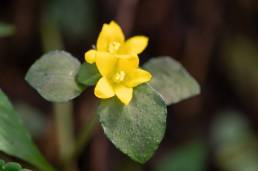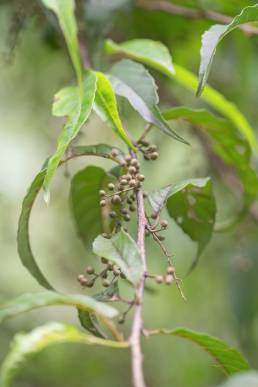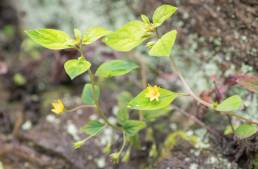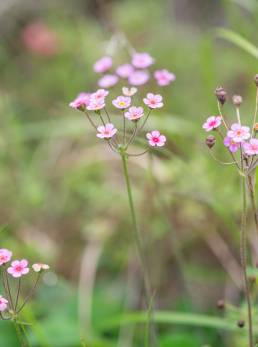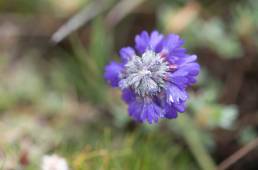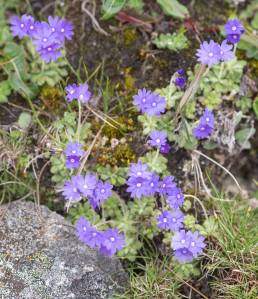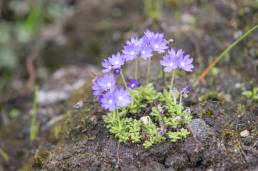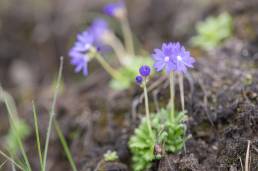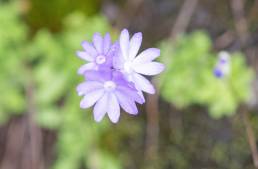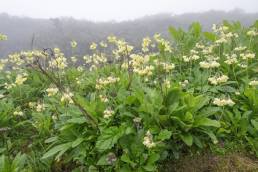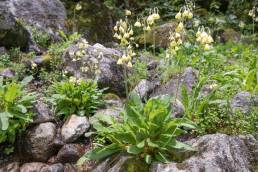1 Jun 2024
Skogstjerne (Lysimachia europaea)
Går du en tur i skogen i mai/juni vil du nesten helt sikkert se en skogstjerne eller fler. Denne skogbunnens stjerne…
15 Jul 2023
Dense-flowered Loosestrife (Lysimachia congestiflora)
Dense-flowered Loosestrife (Lysimachia congestiflora) is found in Sikkim's temperate biome. Elevation: 1936 meters.…
15 Jul 2023
Maesa chisia
Maesa chisia is found in Sikkim's subtropical to temperate biomes to 2400 meters elevation. Elevation: 1665 meters.…
15 Jul 2023
Lysimachia alternifolia
Lysimachia alternifolia is found in Sikkim's tropical to temperate biomes to 2400 meters elevation. Elevation: 1550…
14 Jul 2023
Androsace spinulifera
Androsace spinulifera is found in Sikkim's subtropical to alpine biomes to 4300 meters elevation. Elevation: 3874…
12 Jul 2023
Primula primulina
Primula primulina is found in Sikkim's alpine biome to 5000 meters elevation. Elevation: 4483 meters. Native range is…
12 Jul 2023
Primula primulina
Primula primulina is found in Sikkim's alpine biome to 5000 meters elevation. Elevation: 4483 meters. Native range is…
12 Jul 2023
Primula primulina
Primula primulina is found in Sikkim's alpine biome to 5000 meters elevation. Elevation: 4483 meters. Native range is…
12 Jul 2023
Primula primulina
Primula primulina is found in Sikkim's alpine biome to 5000 meters elevation. Elevation: 4483 meters. Native range is…
11 Jul 2023
Sikkim Cowslip (Primula sikkimensis)
The Sikkim Cowslip (Primula sikkimensis) is found in Sikkim's temperate to alpine biomes to 5000 meters elevation.…
11 Jul 2023
Sikkim Cowslip (Primula sikkimensis)
The Sikkim Cowslip (Primula sikkimensis) is found in Sikkim's temperate to alpine biomes to 5000 meters elevation.…

